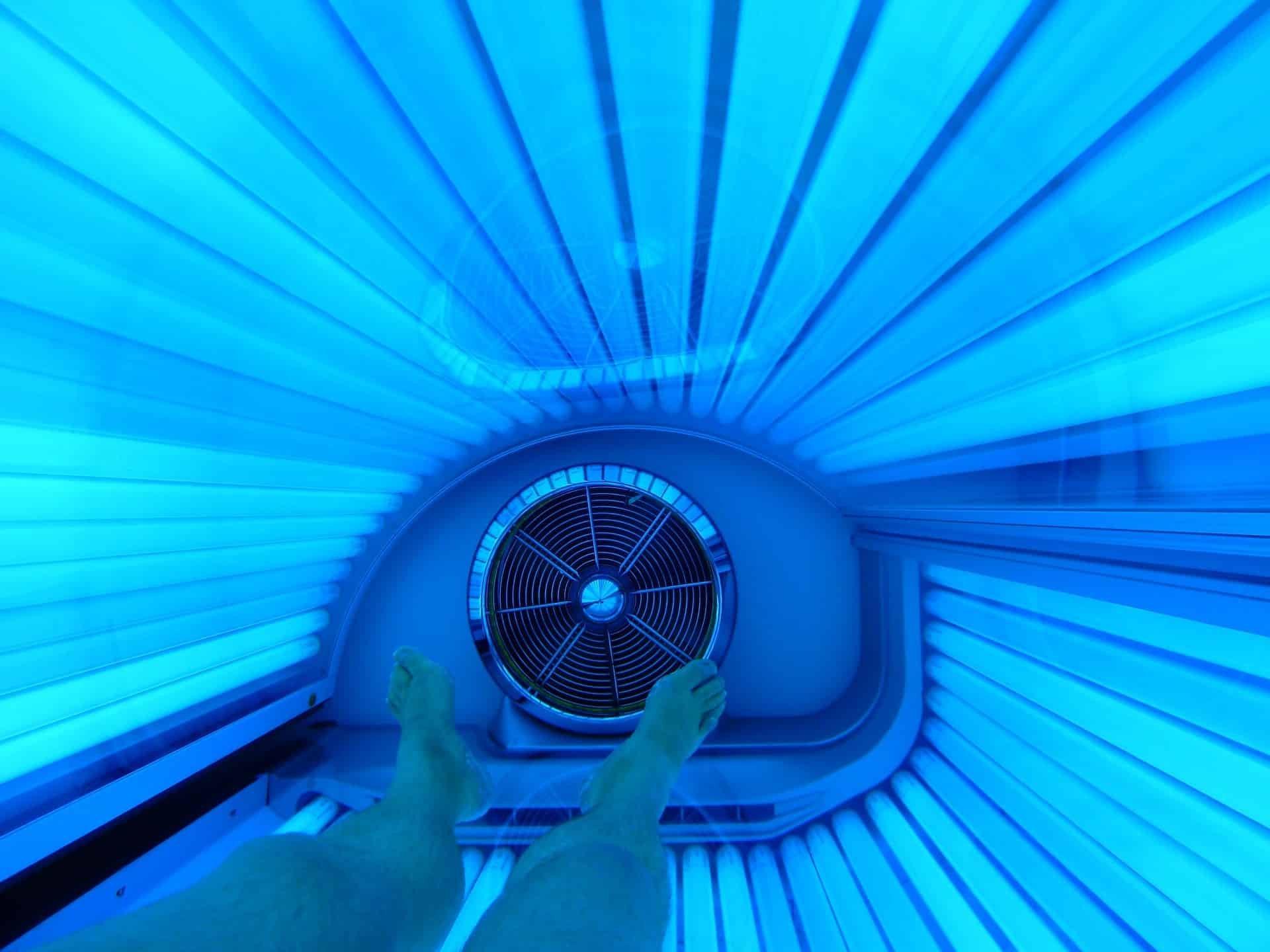A recent survey brought forth several interesting facts about young women and indoor tanning habits. The study was published in “Cancer Epidemiology, Biomarkers & Prevention,” a journal of the American Association for Cancer Research.
The study, conducted by Darren Mays, PhD, MPH, and assistant professor at Georgetown University Medical Center, studied 389 non-Hispanic white women between the ages of 18 to 30 who said they used an indoor tanning device one or more times in the year prior.
46.7 percent of the participants were current college or university students. Indoor tanning dependence was assessed using two questionnaires modified from screeners for other addictive behaviors, the CAGE and Diagnostic and Statistical Manual for Mental Disorders (DSM) screeners. To be classed as dependent on indoor tanning, individuals had to screen positive on both modified questionnaires.
The research indicated that about 22.6% of the participants were noted as being dependent on indoor tanning, or what some may call “addicted to tanning beds“. Those in this group were likely to have started tanning at an earlier age, were more concerned about their appearance, and presented with depressive symptoms.
Mays explains that while indoor tanning is becoming less popular, the research states it can become a problem for some young women and become a form of addiction. He states, “If we are to reduce this risky behavior and ultimately reduce skin cancer risks, we must understand what factors—such as behaviors, beliefs, and psychological comorbidities—are associated with indoor tanning dependence.”
The study also says that while the study has determined a risk group, this group is unlikely to respond to messages about the dangers of indoor tanning. Mays states that a more intensive method may need to be implemented to change this dangerous behavior.
Mays suggested that the clinical community engage in processes to address indoor tanning dependence. “There is very little research in this area, so we may need to draw from successful approaches to changing behaviors like cigarette smoking,” he said.
Dr. Wright of the St. Louis Liposuction Center understands the risks of indoor tanning. “Not only does indoor tanning lead to poor skin health, but it increases a person’s risk of skin cancer.”
At St. Louis Liposuction Center, we want to ensure that you have all the information you need to keep your skin healthy. If you have any questions or need more information about indoor tanning dangers, please feel free to call us.

